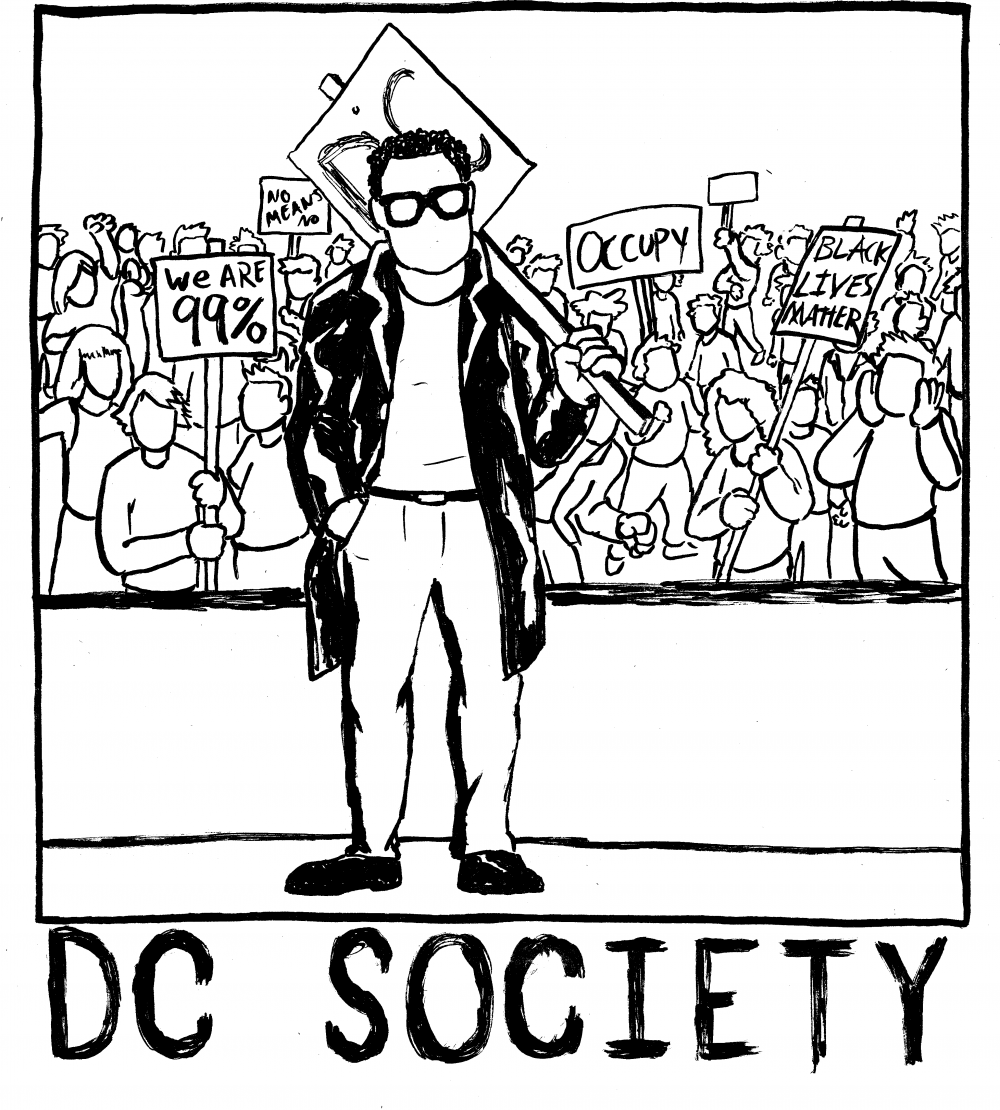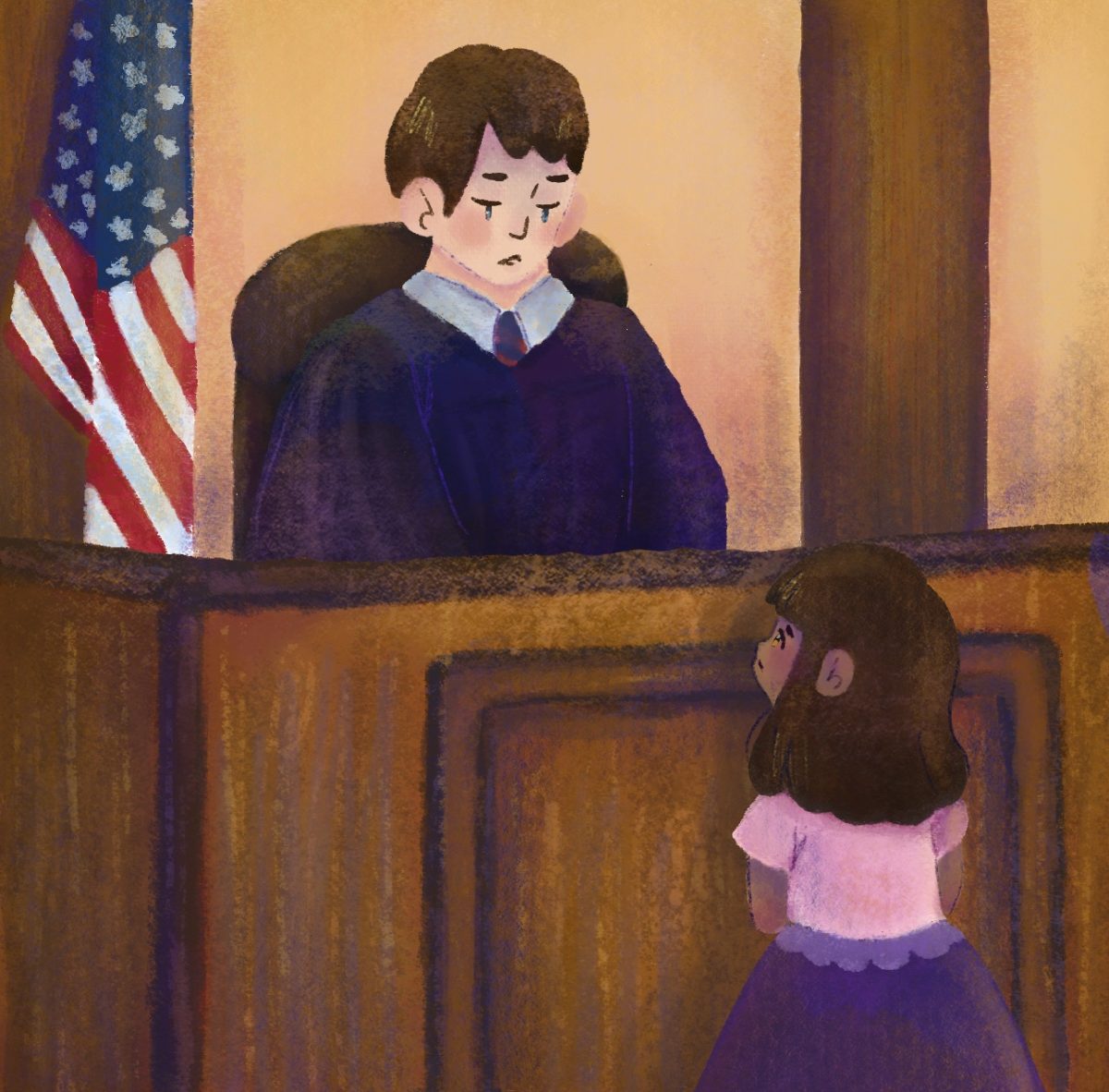A few weeks ago I was given the great opportunity of traveling to our nation’s capital. Anyone who knows me could tell you that before this trip I was talking about it non-stop with excitement and anticipation for what was to come.
On my way to the city, I saw so many sites. I even passed by Trump International Hotel. Throughout the entire trip, I was overwhelmed with so much patriotism. But through my awe, I was horrified by the sight of poverty in our nation’s capital.
There are 45 million people living in poverty according to the Huffington Post, and according to National Alliance to End Homelessness, over 500,000 Americans are Homeless, with 200,000 of them being families. In Washington D.C. alone, with a population of over 600,000, exactly 13 percent of the population is homeless with almost 19 percent of the population living in poverty.
If we look back to the national levels, specifically at veterans, there are over 1.5 million veterans that are living in poverty according to the National Veterans Foundations. If we were to look at African Americans, they alone make up the highest racial group in poverty at around 27 percent and if we look deeper, 45 percent of children in poverty are African American.
I couldn’t believe my eyes that in the place where the laws of the land are made that help to shape people’s lives, there were people sleeping in the streets, and some of them had no blanket to endure the cold.
Poverty has long been a topic of discussion in our country. We address it almost everyday in our schools, churches, and even kitchen tables, yet nothing substantial, in the last five years, has been done to get these people off the streets. In 2009, when President Obama signed his stimulus package we saw positive effects to try to help those who have suffered from the effects of the 2008-09 recession.
One thing that my church, and even my own parents, have always taught me is that you should help those less fortunate than yourself. I have been grateful that I was able to grow up in a loving family where money was not an issue. But for millions of Americans, that is not the case. As a country, we have to do better for those who are less fortunate than us. We need to invest in more programs that focus on equity for Americans, opening up more opportunities for those in need to get ahead and stay ahead and to help get people out of poverty and into a better life.
Walking through the streets of D.C. was almost in part like the same experience as driving through Nordhoff right off the 405 freeway. On that street, I see a line of carts on both sides formed as makeshift shelters and a few tents near the entrance of the freeways. These are the conditions that they have to live in. We live in the greatest country in the world, but how can that be if we’re leaving people behind?






